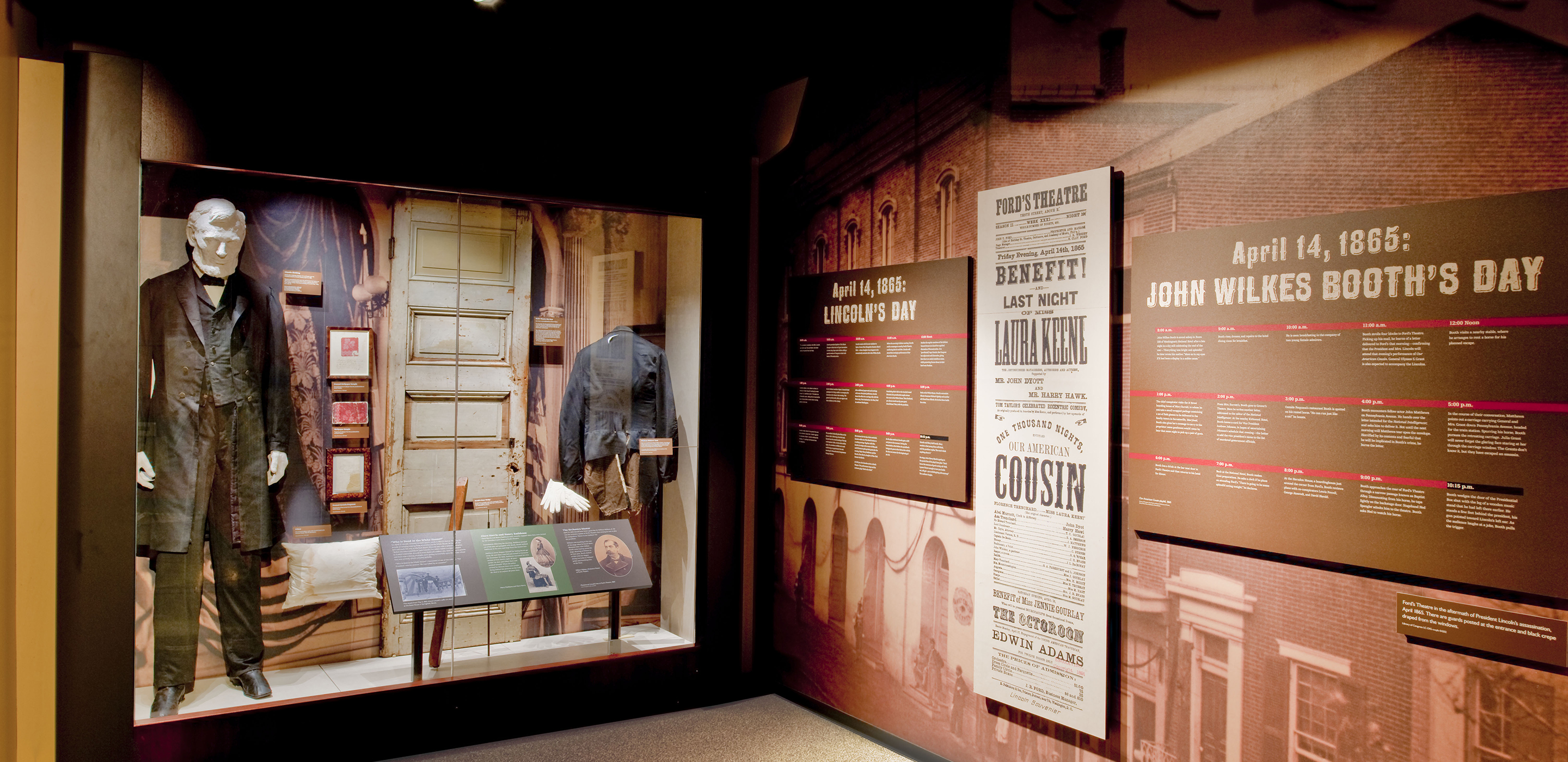
Planned Giving Options
Planned gifts benefit Ford’s Theatre Society and provide you an opportunity to create a legacy for future generations while maximizing the tax benefits of making a charitable donation.
Bequests
A bequest is one of the simplest ways to provide for the future of Ford’s Theatre. Many donors make significant gifts of cash or other property through their wills. A bequest to Ford’s Theatre Society may be deductible against estate and inheritance taxes. Advance planning can maximize these tax benefits and preserve more of your estate. Types of bequests and related sample language include:
- Residual
A residual bequest comes to Ford’s after your estate expenses and specific bequests are paid:
“I give and devise to Ford’s Theatre Society, located in Washington, D.C., all [or state a percentage] of the rest, residue and remainder of my estate, both real and personal, to be used for its general support [or state the specific affiliate, fund or program to be supported].” - Specific
Naming Ford’s Theatre Society as a beneficiary of a specific amount from your estate can be a straightforward approach to planned giving:
“I give and devise to Ford’s Theatre Society, located in Washington, D.C., the sum of $___________ to be used for its general support [or state the specific affiliate, fund or program to be supported].” - Contingent
Ford’s Theatre Society can be named as a contingent beneficiary in your will or personal trust if one or more of your specific bequests cannot be fulfilled:
“If [Name] is not living at the time of my demise, I give and devise to Ford’s Theatre Society, the sum of $ _______ [or provide for all or a specific percentage of the residue of the estate] to be used for its general support (or state the specific affiliate, fund or program to be supported).”
Retirement Plan Assets
You can make a charitable gift using retirement assets by naming Ford’s Theatre Society as a beneficiary of your retirement plans and accounts.
Life Insurance Policies
Making Ford’s Theatre Society the beneficiary of a new or existing life insurance policy is another way to make a significant gift without tying up current assets.
Charitable Remainder Trusts
Charitable remainder trusts allow you to make a gift to Ford’s Theatre Society while retaining certain benefits from the assets you give.
Charitable Lead Trusts
A charitable lead trust is the reverse of a charitable remainder trust; the gift to Ford’s Theatre Society is the income stream from the trust, not the remainder.
Real Estate
A gift of real estate can be an attractive way to support Ford’s Theatre and to realize tax and income benefits at the same time. Real estate can also be an asset when used to fund either a charitable remainder trust or a charitable lead trust.
Ford’s Theatre Society does not intend for the any of the above examples, or any of the other information provided on this website, to be construed in any way as either legal, or financial or other professional advice. Charitable giving and estate planning can have significant tax and/or other financial implications, and Ford’s Theatre Society strongly recommends that you consult your financial, and/or tax or other professional advisor with respect to your specific circumstances.
